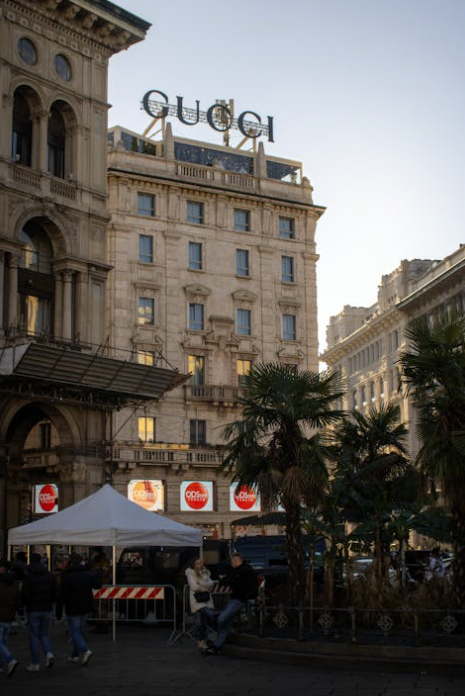
Lifestyle Brands Booming: How Entrepreneurs Are Capitalizing on Changing Consumer Habits
Lifestyle brands, once niche players, are now booming. As consumers shift toward values-driven purchasing, brands are adapting. Entrepreneurs are capitalizing on this by positioning their brands around lifestyle, identity, and community. This reflects a deeper change in how people consume, focusing on authenticity and sustainability.
A New Consumer Mindset
Today’s consumer is more informed and socially conscious. Millennials and Gen Z prioritize brands that reflect their personal values. Lifestyle brands, offering products that define a way of life, are thriving. Whether it’s eco-friendly fashion or wellness products, these brands go beyond just utility.
Brands like Allbirds and Patagonia have succeeded by integrating sustainability and ethical practices into their business models. For many, buying from these companies affirms their values. Entrepreneurs are seizing this moment, crafting stories that resonate and turning customers into loyal brand advocates.
E-commerce and Social Media: A Powerful Combo
The rise of e-commerce and social media has fueled the success of lifestyle brands. Platforms like Instagram and TikTok provide direct access to niche audiences. Entrepreneurs can build communities around their products, with consumers discovering and purchasing with just a few clicks.
Direct-to-consumer brands can now leverage social media to tell authentic stories without needing a huge budget. Visual platforms perfectly suit lifestyle brands, whose products often appeal to a specific aesthetic or way of life. E-commerce also allows entrepreneurs to bypass traditional retail, connecting directly with consumers and offering personalized experiences.
The Role of Sustainability
Sustainability is no longer optional—it’s essential. Entrepreneurs are embedding eco-friendly practices into their brands from the start. Consumers are willing to pay more for products that align with their environmental values. Fashion brands using recycled materials or organic cotton are seeing success. In food, companies offering plant-based or locally sourced products are thriving.
Consumers today expect quality without harming the planet. Entrepreneurs understand that sustainability is a selling point and are responding accordingly.
Challenges in Scaling
While many lifestyle brands have experienced rapid growth, scaling comes with challenges. What works on a small scale, like handcrafted goods, becomes harder to maintain as demand grows. Balancing the original mission and values with expansion into larger markets is also tricky.
Some entrepreneurs warn of the temptation to cut corners when scaling. Staying true to core values is crucial, as straying too far can alienate loyal customers.
The Future of Lifestyle Brands
The future looks bright for lifestyle brands. As consumers continue to prioritize experiences over possessions, brands promising meaningful lives will only grow in appeal. Entrepreneurs who stay authentic to their brand stories and adapt to changing consumer habits will thrive in this evolving marketplace.
Consumer trust is hard to earn and easy to lose. Lifestyle brands provide a blueprint for building lasting relationships by aligning with the values of modern consumers. Entrepreneurs focusing on these values will lead the next wave of growth in this booming sector.


